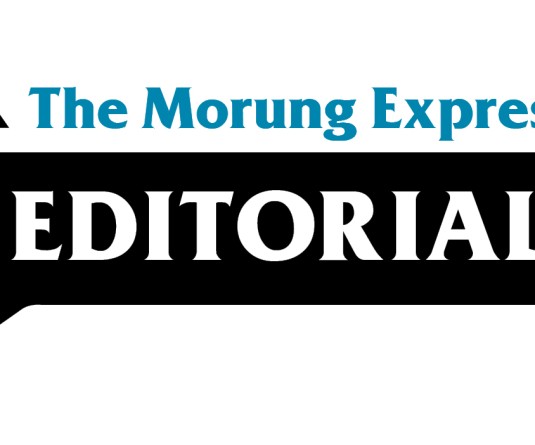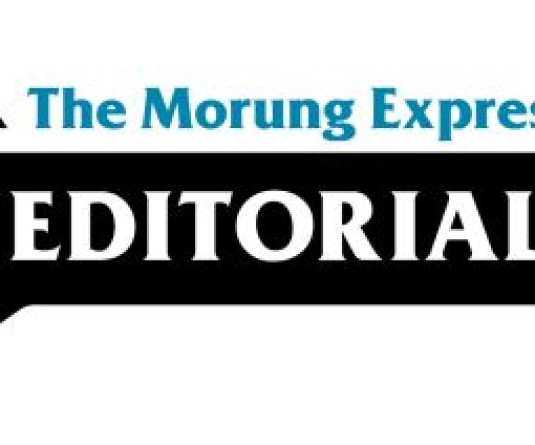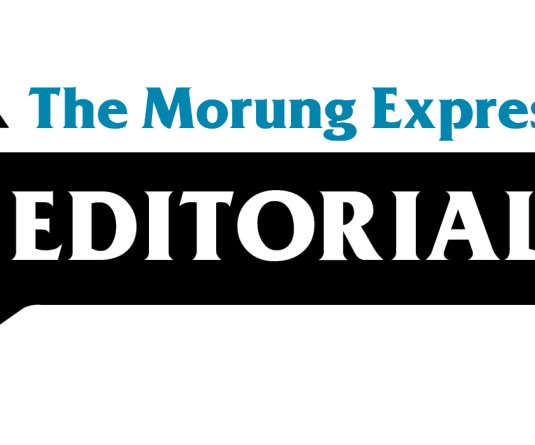
In an effort to explore the other side of the current peace process, namely on the reconciliation front, the Naga Hoho has done the right thing by passing a resolution for setting up of a Reconciliation Committee under its aegis. While this should be taken as a positive move to step up efforts for creating a greater level of understanding and trust among the different Naga tribes and the warring factions, the matter itself is an extremely sensitive one and would need to be tackled with outmost finesse.
Here, the Naga Hoho will be well advised to learn from the recent experience relating to the Naga National Reconciliation Commission (NNRC), which was commissioned in May 2003 under the joint initiative of the Naga Hoho and the Naga Christian Forum (NCF). The NNRC which was set up to resolve the grave problem of discord among the Nagas, only ended up becoming the victim of the deep seeded discord that it was trying to alleviate. The net result being that the NNRC failed to even take-off beyond the commissioning stage. Besides, criticism in its mode of formation had dogged the NNRC since its inception. After all the grand announcement and great expectations, a Naga Hoho Federal Assembly Resolution at the end took the verdict to keep the NNRC in ‘abeyance’. Finally with the ignominy of the situation and their inability to execute the assigned duties for reasons beyond its control, all seven members who were appointed into the NNRC finally resigned en-bloc thus bringing to end, an initiative that had promised much but delivered next to nothing.
While NNRC is past history, the Naga Hoho now has an opportunity to correct and learn from this episode as it gets on to engage in a formal reconciliation process. The first crucial step that the Naga Hoho would have to overcome is on the mode of instituting the Reconciliation Committee as also the makeup of the new body. There should be no doubt in anyone’s mind that the reconciliation committee would have to be broad-based and one that represents all shades of opinion. The opinion of the different Naga Underground groups may also have to be solicited in order to give the process some form of acceptance and legitimacy.
The Naga Hoho should also decide on the nature of representation it wants to give to the Reconciliation Committee. Whether it wants the forum to be strictly civil society based and excluding the Church; or one involving the participation of the Church; the possibility of roping in representatives of political parties etc. are some of the points that needs to be addressed upfront. The basic premise should be to make the proposed forum as broad based as possible. Only then can a collective decision be expected in which all parties or groups would have a stake in it and hence remain accountable to the process. Unless an agreement or decision has wide-ranging support the very legitimacy of the process will remain questionable and may only create more difficulties. It’s a tough task to ask for but not insurmountable either.






